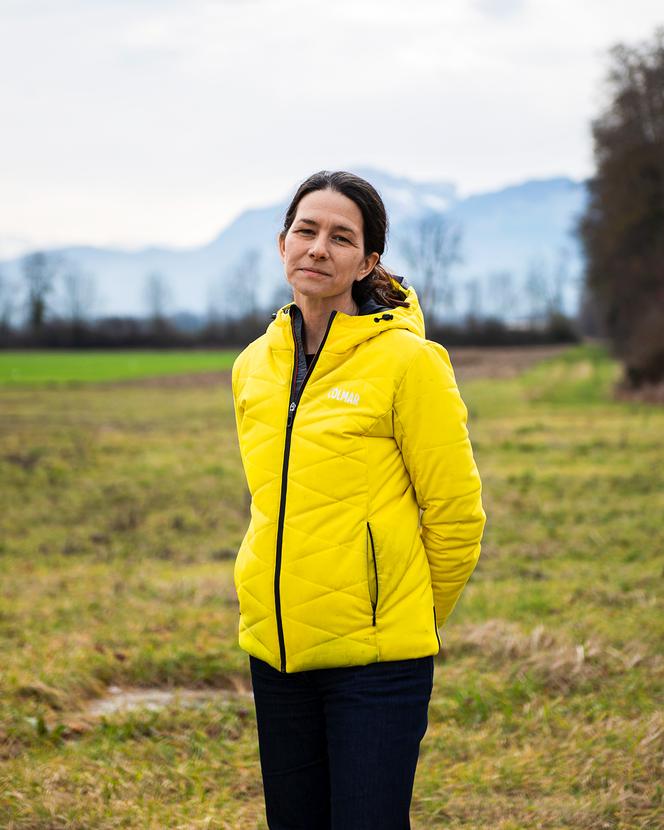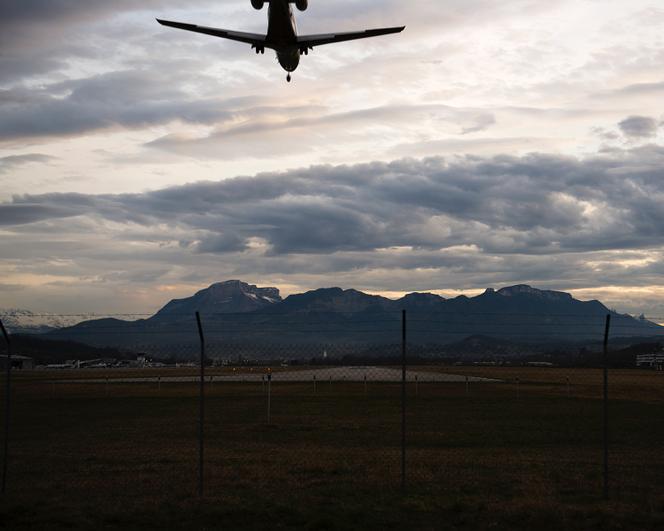


When Julien Zmyslowski and his partner settled in Tresserve, Savoie, they thought they had arrived in "a haven of peace." The village that inspired poet Alphonse de Lamartine's "Le Lac" boasts breathtaking views over Lac du Bourget. But, lamented the young couple, "We have drug trafficking in the town hall parking lot and airplanes in the valley" because, not far away, Chambéry Airport, which has been in business since 1960, is currently in full swing. From December 15 to April 15, charter flights bring thousands of Britons to the resorts. There are 30 arrivals and 30 departures on peak days, particularly in February – not counting private jets, which account for a tiny proportion of the traffic, according to Frédéric Richer, the manager of the Vinci-run airport. With a maximum of four flights per hour until 9 pm, the airport's total traffic came to 169,000 passengers in 2022-2023.
In a department that derives half its wealth from tourism, Zmyslowski recognizes its usefulness, but would be in favor of stopping it: "Us, we're forced to drive electric cars. Them, there aren't many of them in their private jets, and they take them every weekend." On this late afternoon, as the children played on the playground opposite Tresserve's school, Laurence Roux, a resident of the village, became furious at the mention of the subject. "The environmentalists, they're against the jets," she snapped. "It's punitive environmentalism. It's like the Parisian bobos who come to the countryside: they're against bells ringing and cows farting. The airport generates activity and jobs. We have to keep it!"

The debate over the legitimacy of the airport (which is less than an hour and a half from Lyon), driven by the left and environmentalists, is nevertheless gaining momentum. The effects of global warming, highly visible in the Alps, are making people think. "When I was young," recalled Arthur Boix-Neveu, 30, the Génération.s mayor of Barberaz, near Chambéry, "I flew back home from the UK, where I was on Erasmus. I thought it was great that I had gotten up at 8 am and arrived by noon." Afterward, he felt like he had received "a punch in the face" when he became aware of the risks facing the planet.
For him, as for several local elected officials, residents, and activists, an airport used by 2% of skiers, four months a year, that creates polluting traffic to keep a tourist business going – and one that is doomed due to a lack of snow – is no longer justified. "Let's close it," Boix-Neveu had proposed to his counterparts in the Grand Chambéry urban area. "They all looked at me, wide-eyed," he recalled. "They said, 'You're going to kill winter tourism.' Of course not! We're just going to ask 2% of tourists to travel differently." The British could get to the Alps by high-speed rail via Paris, he suggested.
You have 47.06% of this article left to read. The rest is for subscribers only.
